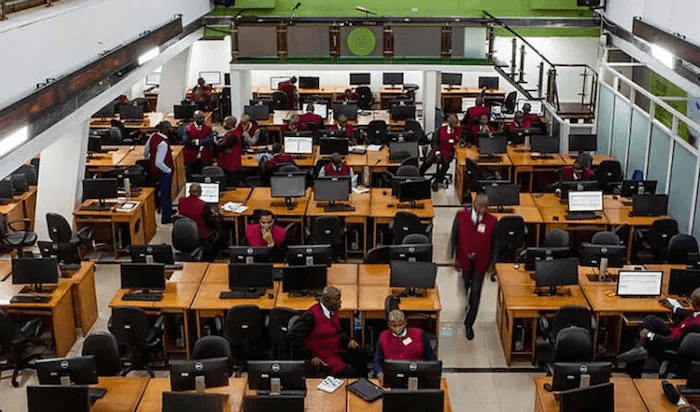By Ida Mbuthia
As a medical practitioner, I am very fortunate to be educated in the often-subtle workings of the human body. This has served me, not only in my profession and with patients but also personally, as I recognise potential medical issues in myself and seek care when I feel something isn’t quite right. This was the case in my second pregnancy. I suddenly felt odd 38 weeks in, with about two weeks to go.
There were no specifically alarming symptoms, and the pregnancy had been relatively smooth sailing until then. But because I’m a practitioner, my instincts told me that I should go to the hospital. As it turned out, these instincts were valid. My consultation revealed that I was experiencing placental abruption – the early separation of the placenta from the lining of the uterus.
This is a relatively rare but potentially serious complication in pregnancy that puts both mother and child at risk. With my unborn child in distress, urgent action had to be taken. Thankfully, my daughter was delivered safely, and I was fine. One of the possible symptoms of placental abruption can be blood loss, meaning a mother experiencing this condition may need to receive an urgent blood transfusion. Had I not followed my instinct and waited a moment longer, I may have required an infusion of life-saving blood to keep me and my daughter alive.
Throughout the world, however, many mothers reach the emergency room just a fraction too late, and one vial of blood can make the difference between life and death. Blood should never be taken for granted. Anyone who voluntarily donates blood could become someone’s hero. In Africa, we need more of these heroes to come forward because, as noted by the World Health Organization (WHO) last year: “Despite the sacrifices of many who donate their blood, countries in the African Region continue to face severe shortages of blood and blood products, resulting, every year, in many avoidable deaths of women, children and people with injuries.”
Currently, Africa’s demand for blood outstrips the supply. In 2023, the WHO also noted that African countries collected only six units of blood for every 1000 people. This is way below the 33 units of blood per 1,000 people collected in developed countries.
The theme for World Blood Donor Day, 14 June 2024, is ‘Celebrating 20 years of giving: thank you, blood donors!’ This highlights two decades of extraordinary contributions by blood donors – the unknown heroes that save women, children, accident victims and others desperate for this precious commodity we all have in abundance – and are free to share.
The Blood Donation Journey
We have all come across someone who has needed blood. This situation is distressing for the patient and even the medical practitioner. Regular blood donation can remove this distress for healthcare providers and patients. These are people involved in trauma, women in childbirth, patients with cancer, patients who have had transplants and potentially many more. Blood donations support emergency preparedness, significantly impacting emergency response efforts. While this may come as a surprise, blood donation may even have health benefits for the donors themselves. These include lower blood pressure and a lower risk for heart attacks.
For the donor, all it takes is around 30 minutes from start to finish. This is the most valuable half hour you could sacrifice – but only the beginning of a chain of events that result in many of the positive outcomes I have highlighted so far.
Following the donor’s relatively painless – and seemingly small – sacrifice, the journey that takes the blood product to patients in need begins. The blood is collected, stored and transported under stringent conditions to maintain its efficacy and safety. It then undergoes rigorous testing for transfusion-transmissible infections such as HIV, hepatitis and syphilis. Only safe blood is used for transfusions, ensuring the health of recipients. In recent years, innovation has taken the lead in getting more blood to more patients. For example, serology and nucleic acid testing (NAT) solutions offer more accurate detection of infections, ensuring safer blood supplies.
We have seen countries like Rwanda making significant strides in blood delivery with the implementation of drone technology used to ensure that blood reaches remote areas quickly, reducing maternal deaths and improving emergency care.
As healthcare providers, innovative companies and communities rally to deliver blood to patients, we have certainly seen several African countries progress. However, there is still one glaring flaw, no matter how effective our systems and delivery mechanisms become: We still need 30 minutes of your time. On World Blood Donor Day, I invite you to pause for a moment and consider how little 30 minutes means to you – and how much it could mean to an expectant mother or any other patient in a life-threatening emergency. It isn’t every day that we have the opportunity to become someone’s hero. By donating just half an hour of your time and roughly half a litre (or a pint) of blood, you may become a lifeline to someone you have never met.
* Dr. Mbuthia is the Healthcare Access Lead, Africa, Roche Diagnostics, and Director on the Board of the Coalition of Blood for Africa (CobA)


